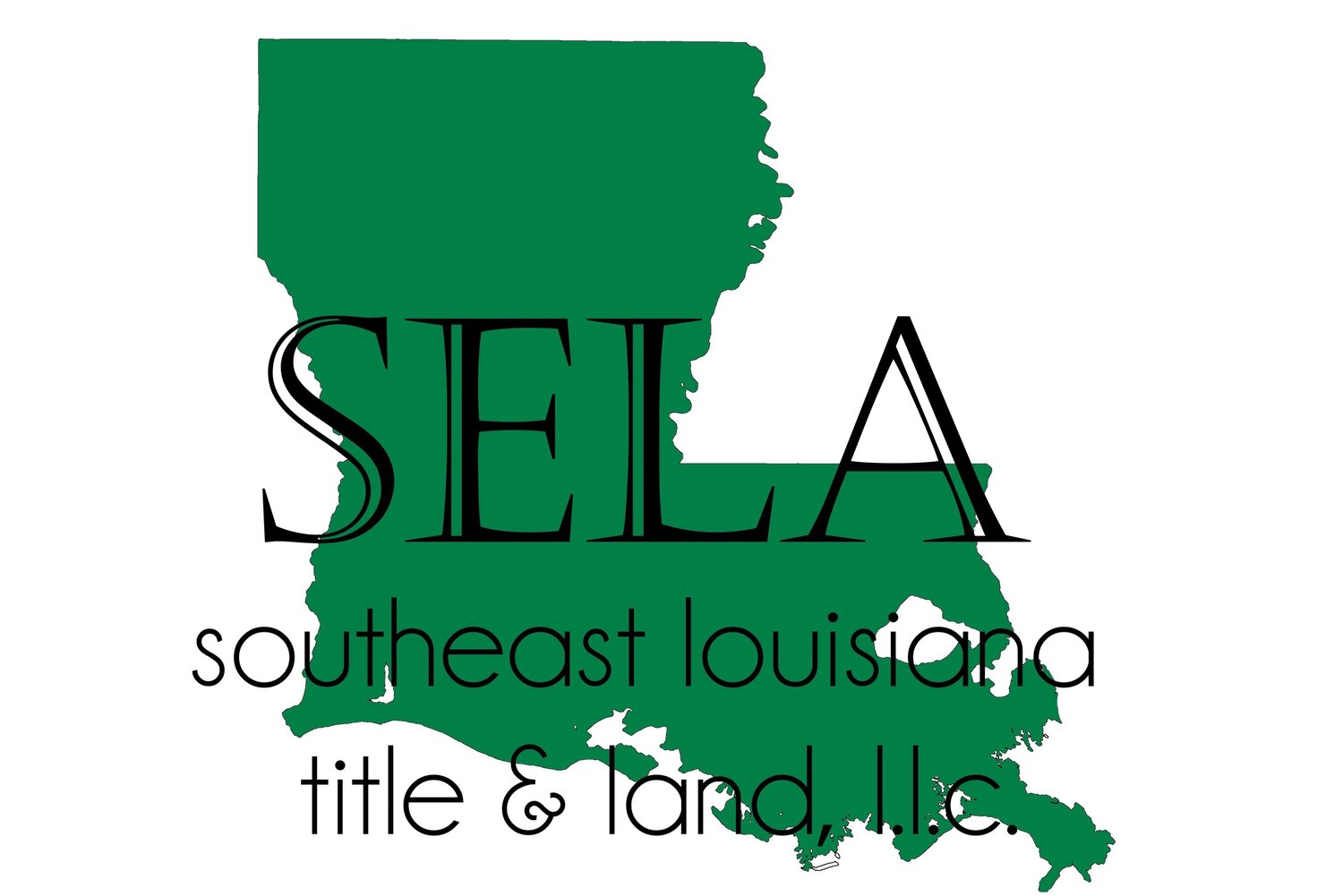What type of loan is right for you?
Whether you are purchasing a home, refinancing your existing home loan for a lower interest rate, or consolidating your bills, mortgage-secured loans come in six basic types:
VA (qualified military veterans) guaranteed loans - One of the most popular loan types used locally, due to our many military personnel, both active and retired, in the area, VA loans feature 100% financing with no money down. VA loans carry a Funding Fee charge of up to 3% of the loan amount in addition to all other closing costs. This fee can be added to the loan amount, taking the loan up to 103% of the purchase price. The maximum loan limit is typically $144,000.00 to $203,000.00 (depending on certain factors), there is no pre-payment penalty, and the monthly payment will include taxes & insurance.
FHA (HUD) guaranteed loans. Good for 1st time homeowners, it requires only a 2.5% down-payment in addition to all other closing costs, and a large up-front charge, which like the VA funding fee, can be financed into the loan amount. Also, a small monthly loan guaranty charge is paid with the monthly payment. The loan limit is a maximum $121,296.00, with no pre-payment penalty, and a monthly payment including taxes & insurance.
CONVENTIONAL (private mortgage insurance or PMI) guaranteed loans. Requires a minimum 5% downpayment, in addition to the normal closing costs. The loan guaranty charge is usually a small monthly charge paid with the monthly payment. However, with a 20% or more downpayment, there is no guaranty charge, making the Conventional loan one of the most attractive and cost effective loan options. It assures "instant" equity in the property (purchase price minus loan balance), and means a lower monthly payment, and lower interest expense over the life of the loan. The loan limit is $252,700.00, with no pre-payment penalty, and a monthly payment including taxes & insurance.
NON-CONVENTIONAL loans. These loans are generally in-house bank loans (with greatly lowered closing costs, but higher down-payment requirements), and are available from your local bank. It helps here to have a good banking relationship. These loans are also sometimes called "bridge" loans, because they are usually made for short, temporary terms (such as 5-15 years), and may carry a balloon payment (loan balance must paid off by a certain date, usually 3 years). There is the loan limit on amount, and typically no pre-payment penalty, but the monthly payment does not normally include taxes & insurance.
NON-CONFORMING loans. When you can’t qualify for or obtain any of the above (VA, FHA, CONV, IN-HOUSE), you can still get a mortgage loan, albeit a non-conforming type. These loans are for those people who don’t fit into the "cookie-cutter" mold required to qualify for the more conventional loan types. They generally come with higher closing costs, higher interest rates, and higher down-payment requirements. While there is no practical limit on the amount of loan, there is often a pre-payment penalty if paid off during the first five years. Interest rates generally range from 9% to 14%, and the monthly payment does not normally include taxes & insurance.
CONSTRUCTION loans. This is a special, short term (usually 6 months) loan specifically for the construction of a new home. The interest rate is usually 1% higher than conventional rates, and is paid off with a VA, FHA, or CONV long-term loan when the house is completed. The loan money is loaned out in stages (called "draws") as the construction progresses. Special rules apply to construction of a new home on undeveloped property, so careful planning is a must. Normally, the loan is for only 80% of the value of the property (as estimated by an appraiser), so the owner must have the land already paid for or have some additional funds to cover the difference. Also, you must be pre-approved for your permanent (long-term) loan before you can get a construction loan, because there must be a guaranteed source of funds to pay-off the construction loan. There is no pre-payment penalty, and monthly payments normally consist of interest only.
